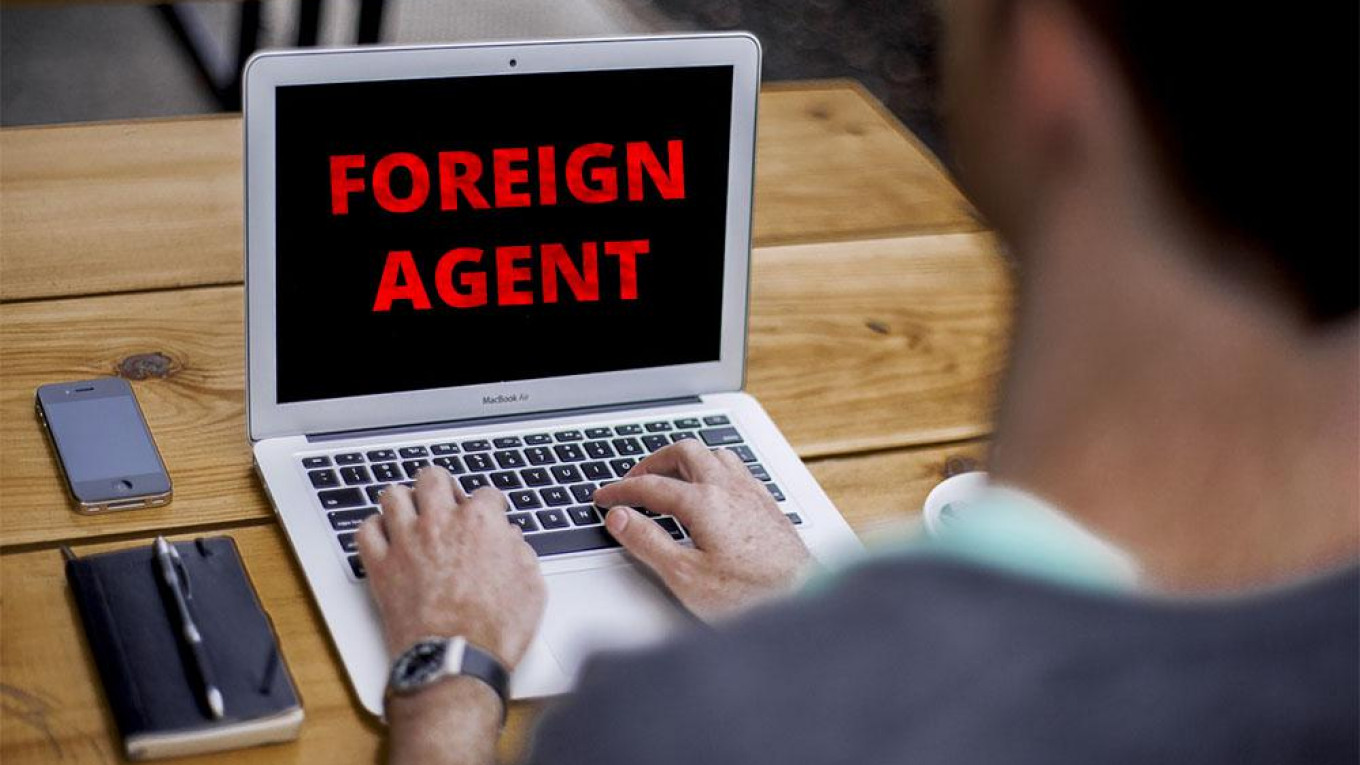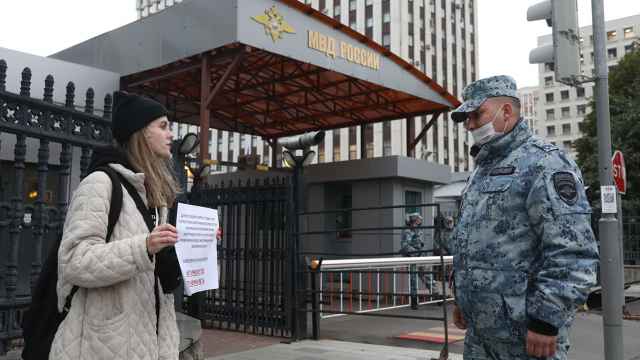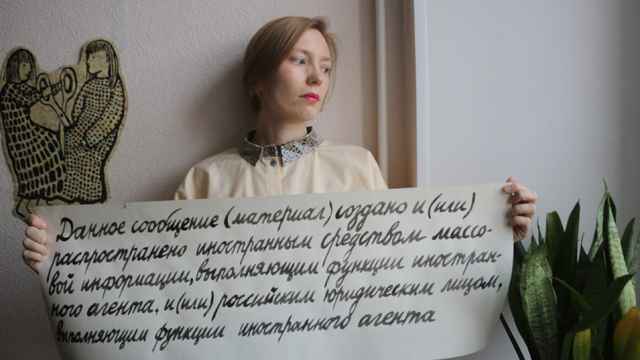Russian lawmakers have passed in a first reading a law to name individuals, including bloggers, “foreign agents” after applying the label to several foreign media last year.
At least nine news organizations funded by the U.S. government have been designated “foreign agents” under the original version of the law since it was signed by President Vladimir Putin last fall in retaliation to America’s decision to restrict Kremlin-run media.
An extension of the measure would allow authorities to also label individuals who distribute information as “foreign agents” if they receive any funding from a foreign government.
The amendment was supported by 333 State Duma deputies, with one abstention and one lawmaker voting against.
“In modern society, any person can be a mass media," Pyotr Tolstoy, a co-author of the bill, was cited as saying by the BBC’s Russian service. "You don’t have to register as a media organization, but [you can] distribute information through social networks and other links."
The expanded law will also force blacklisted news organizations and individuals to add a “foreign agent” label to all content, including social media posts. Russian organizations or users who cite the content will also need to specify it was created by a "foreign agent."
Tolstoy said that the new regulations would apply to all sources of information, including television stations, bloggers, social media users and even culinary websites.
“If someone distributes information from a resource that works against Russia and in the interests of another government, then that information must be marked,” he was cited as saying by the investigative Novaya Gazeta newspaper on Friday.
“There’s not a word on any sort of censorship in this law since it doesn’t affect the content of messages,” he added at a plenary session discussion of the draft bill.
A Message from The Moscow Times:
Dear readers,
We are facing unprecedented challenges. Russia's Prosecutor General's Office has designated The Moscow Times as an "undesirable" organization, criminalizing our work and putting our staff at risk of prosecution. This follows our earlier unjust labeling as a "foreign agent."
These actions are direct attempts to silence independent journalism in Russia. The authorities claim our work "discredits the decisions of the Russian leadership." We see things differently: we strive to provide accurate, unbiased reporting on Russia.
We, the journalists of The Moscow Times, refuse to be silenced. But to continue our work, we need your help.
Your support, no matter how small, makes a world of difference. If you can, please support us monthly starting from just $2. It's quick to set up, and every contribution makes a significant impact.
By supporting The Moscow Times, you're defending open, independent journalism in the face of repression. Thank you for standing with us.
Remind me later.






